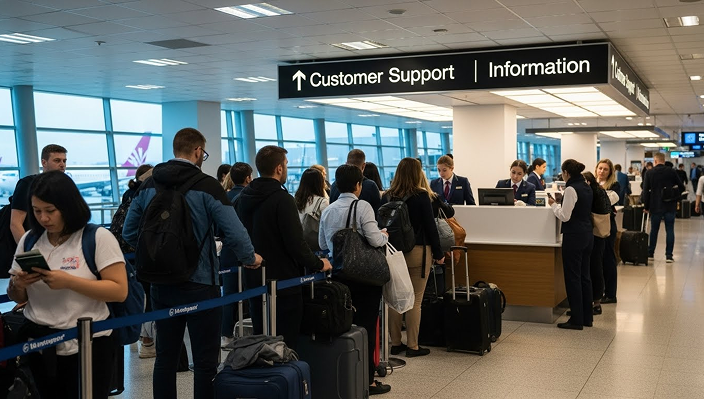As business travel rebounds from three lean years, companies are navigating a challenging cost environment. The prevalence of remote work over the past two years has reshaped the landscape of business trips, emphasizing the importance of corporate all-hands meetings and offsite gatherings.
However, this resurgence in travel comes amid a 25% increase in airline ticket prices, surpassing inflation rates. In light of these developments, it becomes increasingly vital to establish clear expectations and policies with your team.
Today, we'll delve into the benefits of implementing a corporate travel policy for your business and provide a useful template to kickstart the process. Keep reading, or simply download our business travel policy template to begin crafting your own.
Benefits for the Company:
Managing Costs: A travel policy sets rules for expenses, helping to control costs effectively. By setting spending limits and preferred vendors, unnecessary spending is reduced, and better deals can be negotiated.
Ensuring Compliance and Reducing Risks: A travel policy helps to lower the chances of fraud or rule-breaking during business trips, giving clear guidelines for solving any problems that come up.
Employee Safety: Including rules for travel insurance, emergency contacts, and backup plans makes sure that employees are taken care of, keeping their safety a priority.
Making Things Easier: Clear procedures for booking, getting reimbursed, and getting approval simplify the paperwork and save time for everyone involved in business travel.
Benefits for Employees:
Duty of Care: Demonstrating a commitment to employee safety and security through measures such as trip insurance and emergency contacts instills confidence in employees, enabling them to represent the organization effectively.
Task Simplification: Transparent booking and reimbursement procedures eliminate confusion, enabling employees to understand expectations clearly and focus on their responsibilities without squandering time or resources.
Possible Rigidity: If rules are too strict, employees might feel stuck and unhappy. Making sure policies give freedom while also protecting the team and investments can help fix this.
Consistent Travel: A well-structured travel policy establishes guidelines for accommodations, transportation, and other travel arrangements, ensuring a uniform and pleasant experience for all team members.
Limited Personalization: One-size-fits-all policies may not meet everyone's needs. Adding rules for special cases with approval can help with this.
Creating a Corporate Travel Policy:
Creating a travel policy may seem daunting, but it's essential for mitigating potential challenges while ensuring the well-being of both the company and its employees. Finding the right balance between rules and flexibility is important.

.svg)
.svg)
.svg)













.png)








.png)
.png)


-min.png)
.png)
-min.png)
.png)
-min.png)
.png)
-min.png)
.png)


.jpg)


















.png)
.png)


